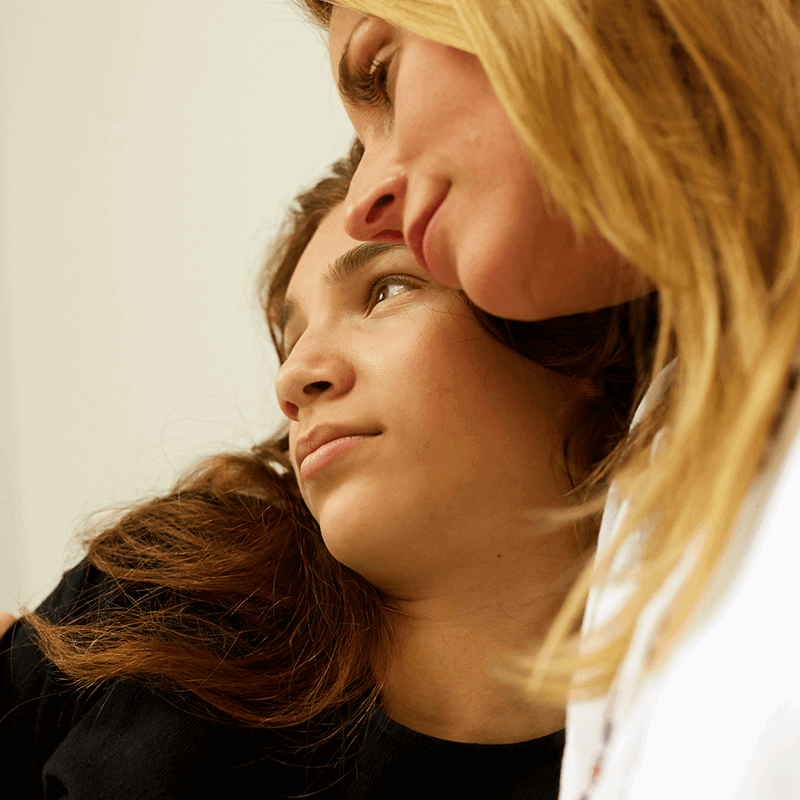Outcomes of trusted adult relationships
The outcomes that young people can experience through relationships with trusted adults include:
-
Improved mental health and wellbeing
as a result of having someone to turn to who enables young people to explore issues in a safe environment without judgement.
-
Mitigated effects of abuse and trauma
as those with trusted adults in their lives can be more protected from child abuse, and protected against the long term effects of adverse childhood experiences (ACEs).
-
Positive educational outcomes
as those with access to trusted adults are more ambitious in their educational expectations and goals due to having a positive role model.
Better representations in trusted adult relationships
In general, the quality of the relationship between an adult and a young person matters more than whether they share life experiences, background or look and sound the same.
Representation is not as simple as a Black and minoritised young person needing a trusted adult that looks like them. Ethnicities are not monoliths, so it should not be assumed that people of the same ethnicity will be able to build trusting relationships. For some young
people, other characteristics such as gender, class or sexuality may be more important.
That said, there were certain situations, such as where a young person had experienced trauma or been a victim of racism, where it was felt only an adult with first-hand experience of such issues would be able to offer adequate support.
It is important to stress that trusted adult relationships are voluntary, so representation and shared experiences should be the defining aspect only if the young person chooses it.

Barriers to accessing trusted adults
When looking at the barriers to young people accessing trusted adults, it is important to look through two lenses. Firstly, there are the barriers that stop adults from becoming trusted adults. Secondly, barriers exist that prevent young people from accessing a trusted adult. Barriers to accessing trusted adults include:
I think that there is definitely the fear of being judged, especially I see with young Black people my age, hearing [the] older generation talk about their struggles, whether that’s the Windrush generation or just living back in Jamaica and the hardships there or the mad reality of slavery. It’s difficult to hear all of that and come with your problems because living that life must have been hard, and it’s not that it’s a competition or a comparison, but it’s difficult to talk about your issues when you know that they’ve been through so much.
Also a lot of those older people in our lives haven’t had the time or haven’t had the resources and definitely haven’t had the education around mental health to really know how important it is for them and for us, and that can be a real barrier.